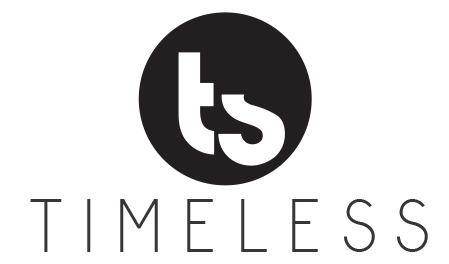Are you planning to purchase life insurance? Or are you already in the process? That could be a wise decision. Life insurance is a valuable financial tool that can protect your family should you pass away. Your life insurance policy will provide a tax-free death benefit to your beneficiaries, which they can use to pay debts and medical costs or for financial stability during a difficult time.
Your eligibility for coverage is based on a number of factors, but your age and health are two of the most important. These factors are analyzed during a process called underwriting. During this time, the life insurance company looks at the proposed coverage and analyzes its potential risk. Essentially, it’s determining when you might die based on your age and your health.
Age is an easy factor to quantify. Health is more difficult. Life insurance companies often use questionnaires and medical exams to learn more about an applicant’s health. The result of that analysis can influence whether a person is eligible for coverage. It can also affect your rating and premium amount. The healthier you are, the lower your premium is likely to be.
You can’t change your health overnight, but there are steps you can take to prepare for the exam. Below are three tips to help you get the best rating possible and reduce your premiums or improve your odds for eligibility:
Cut back on bad habits.
You may already know that you have some unhealthy habits. Maybe your diet could use some improvement. Perhaps you smoke cigarettes or regularly drink alcohol. Now is the time to cut back on those habits, even temporarily. By reducing your trips to fast-food restaurants, you could lower your cholesterol. You could cut back on drinking and boost your liver health.
Smoking is an important habit to consider. Most insurance companies have two sets of rates—one for smokers and one for nonsmokers. If you plan ahead and stop smoking well in advance of underwriting, you may be able to qualify for a nonsmoker rate. As you might imagine, the smoker rate is usually higher than the nonsmoker rate.
Go into the exam as well-rested and healthy as possible.
Blood pressure is a big indicator of heart health and an important metric for life insurance underwriters. Since heart failure is a major cause of death, especially among seniors, life insurance companies will place a heavy emphasis on high blood pressure. Take steps in the lead-up to your exam to have a relatively normal blood pressure level.
Try to get a good night of sleep before your exam, and also try to eliminate any ongoing sources of stress. Get that big project finished at work, or resolve the home repair issue you’ve been dealing with. Think about taking a relaxing walk or some other form of light exercise the morning of the exam. Also think about skipping your morning coffee.
Tell the truth.
You may feel tempted to lie about your health or lifestyle in order to qualify for lower rates. For instance, you may not be honest about your tobacco, drug or alcohol use. Maybe you’re considering being dishonest about your participation in risky activities like sky diving or scuba diving. Or perhaps you’re thinking about omitting from your questionnaire a diagnosis you received in the past or a prescription you currently take.
Life insurers often understand that unintentional omissions happen. However, if you pass away and the insurance company suspects that you intentionally misled underwriters or lied during the application process, it may challenge the benefit payment to your beneficiaries. Resist any temptation to omit information from your medical exam.
Ready to protect your family? Let’s talk about your life insurance strategy. Contact us today at Timeless Solutions. We can help you analyze your needs and develop a plan. Let’s connect soon and start the conversation.
Licensed Insurance Professional. This information is designed to provide a general overview with regard to the subject matter covered and is not state specific. The authors, publisher and host are not providing legal, accounting or specific advice for your situation. By providing your information, you give consent to be contacted about the possible sale of an insurance or annuity product. This information has been provided by a Licensed Insurance Professional and does not necessarily represent the views of the presenting insurance professional. The statements and opinions expressed are those of the author and are subject to change at any time. All information is believed to be from reliable sources; however, presenting insurance professional makes no representation as to its completeness or accuracy. This material has been prepared for informational and educational purposes only. It is not intended to provide, and should not be relied upon for, accounting, legal, tax or investment advice. This information has been provided by a Licensed Insurance Professional and is not sponsored or endorsed by the Social Security Administration or any government agency.
17965 – 2018/9/4

